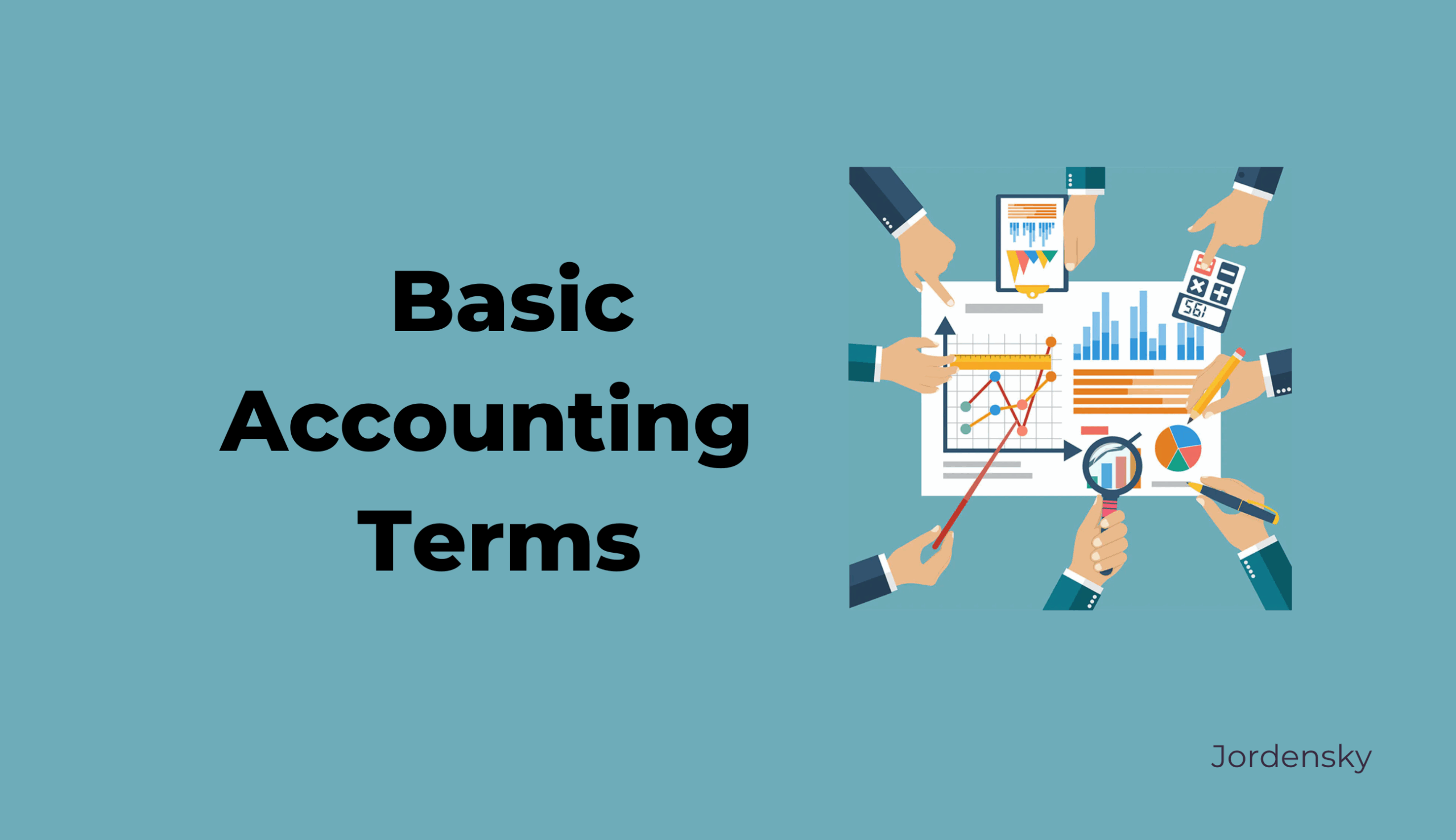When it comes to accounting, there is a whole host of terminology and jargon that can be overwhelming for those who are not familiar with the field. Understanding accounting vocabulary is essential for anyone looking to navigate the world of finance and business. Whether you are a student, a small business owner, or just interested in learning more about accounting, having a good grasp of these terms can be incredibly beneficial.
In this article, we will cover some essential accounting vocabulary that you should know to help you better understand financial statements, reports, and transactions. Let’s delve into the world of accounting terminology and break down some key terms.
Accounting Vocabulary
1. Assets: Assets are resources owned by a company that have economic value. This can include cash, inventory, property, and equipment.
2. Liabilities: Liabilities are obligations that a company owes to external parties, such as loans, accounts payable, or bonds.
3. Revenue: Revenue is the income generated from the sale of goods or services. It represents the total amount of money coming into a company.
4. Expenses: Expenses are the costs incurred by a company in the process of generating revenue. This can include salaries, rent, utilities, and other operating expenses.
5. Profit: Profit is the amount of money left over after deducting expenses from revenue. It is a key indicator of a company’s financial health and performance.
Understanding these basic accounting terms can help you interpret financial statements, analyze business performance, and make informed decisions about investments and operations. Whether you are a student studying accounting or a business owner managing your finances, having a solid foundation in accounting vocabulary is crucial.
In conclusion, mastering accounting vocabulary is essential for anyone looking to navigate the complex world of finance and business. By familiarizing yourself with key terms such as assets, liabilities, revenue, expenses, and profit, you can gain a better understanding of financial reports and statements. So, take the time to learn and internalize these terms to enhance your financial literacy and make sound financial decisions.
